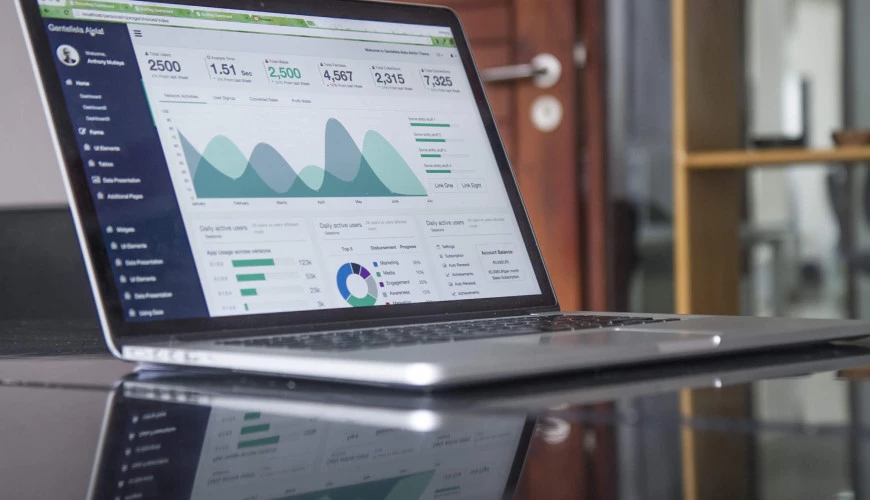Following privacy laws, including the General Data Protection Regulation (GDPR) and new regulations on data collection from companies like Apple with the implementation of iOS 14.5, questions about first-party data and how brands and advertisers use this data for marketing and digital advertising have become increasingly more common.
While these questions arise—advertisers are leaning more toward using first-party data but in more privacy-centric manners. In fact, at least 88% of marketers believe collecting first-party data is valuable (Merkle, Consumer Engagement Report 2021).
Identity resolution and data management platforms like TransUnion are leading the charge in leveraging this first-party data for cross-device targeting that also complies with evolving privacy practices.
Once the first-party data is onboarded, Personally Identifiable Information (PII) is anonymized and mapped to a user's online digital profile. In a privacy-first manner, advertisers and brands can then market directly to those users via unique identifiers without worrying about infringing on the user’s privacy.
5 Ways to Use First-Party Data
1. CRM Retargeting — Reach and promote products and services to current customers through various online channels.
2. Lookalike Modeling — Build custom lookalike audiences based on your most high-value customers.
3. Audience Suppression — Exclude or suppress audiences from digital marketing campaigns.
4. Cross-Channel Targeting/Segmentation — Reach prospects across multiple channels or segment audiences based on details like product association.
5. Personalization — Tailor messaging, creative, or promotions towards individuals or cohorts.
Given the number of direct integrations already available with popular marketing channels such as The Trade Desk and Google, data management platforms like TransUnion will be well-positioned to provide cross-channel solutions without the loss of measurement or attribution.
As we approach this new phase of people-based marketing, first-party data will continue to become more vital.





